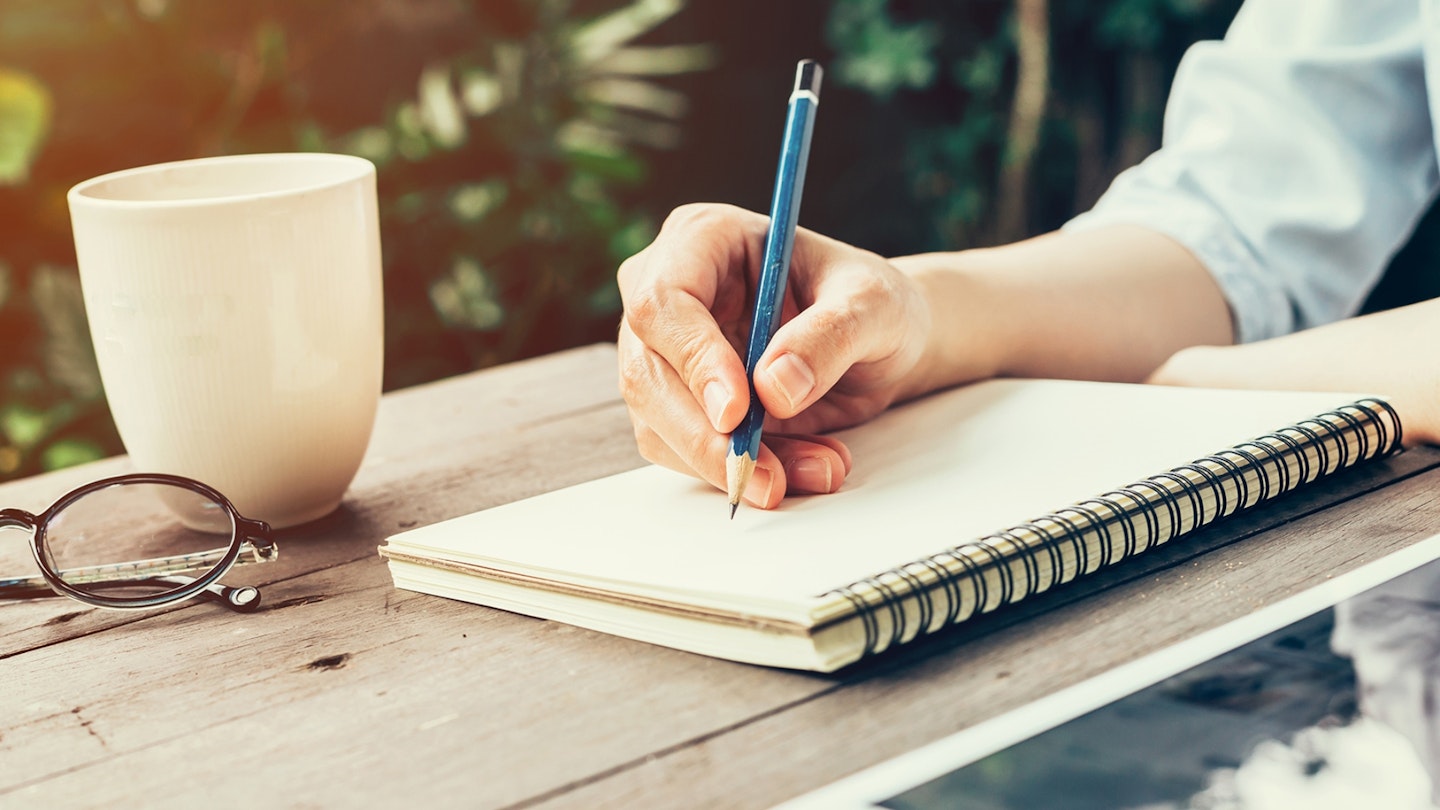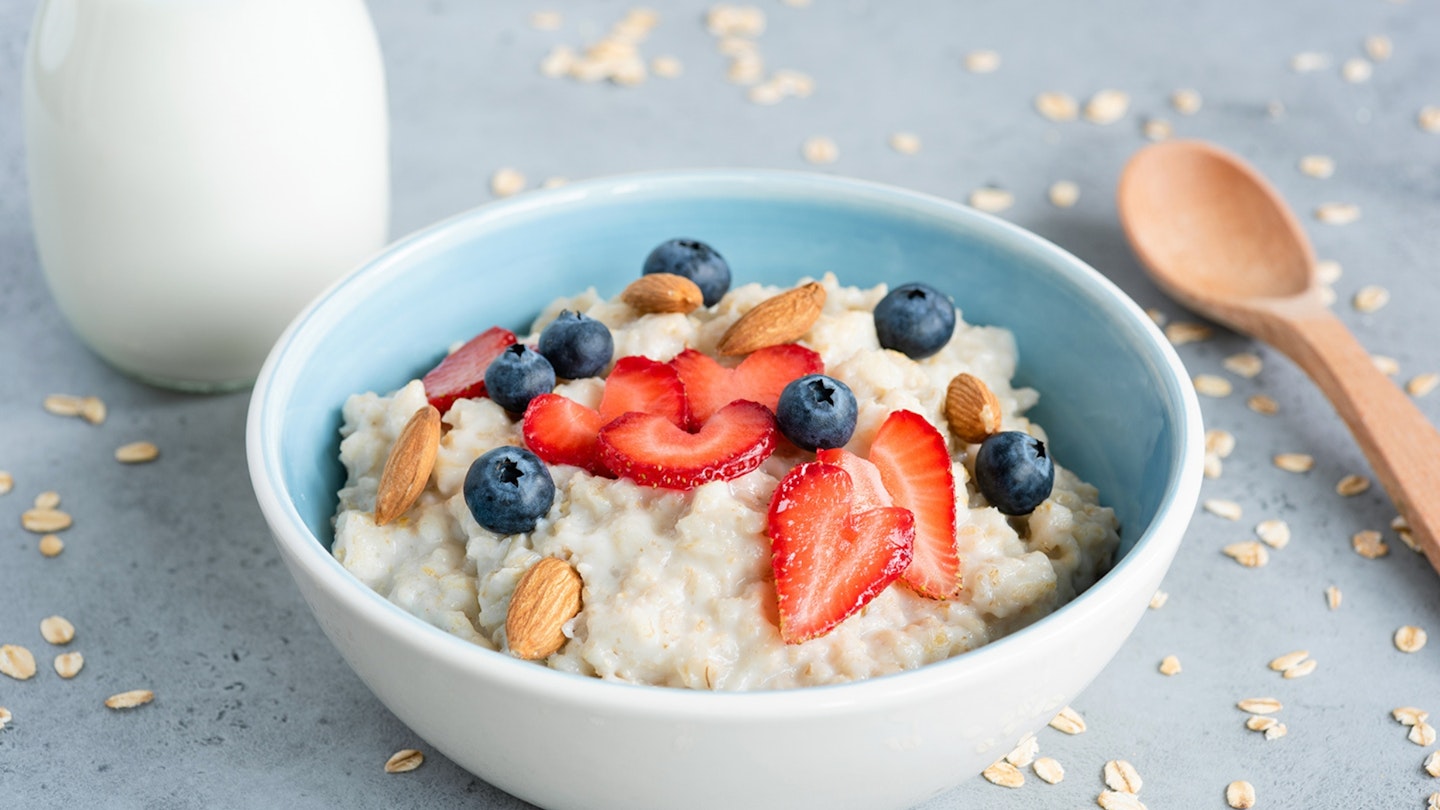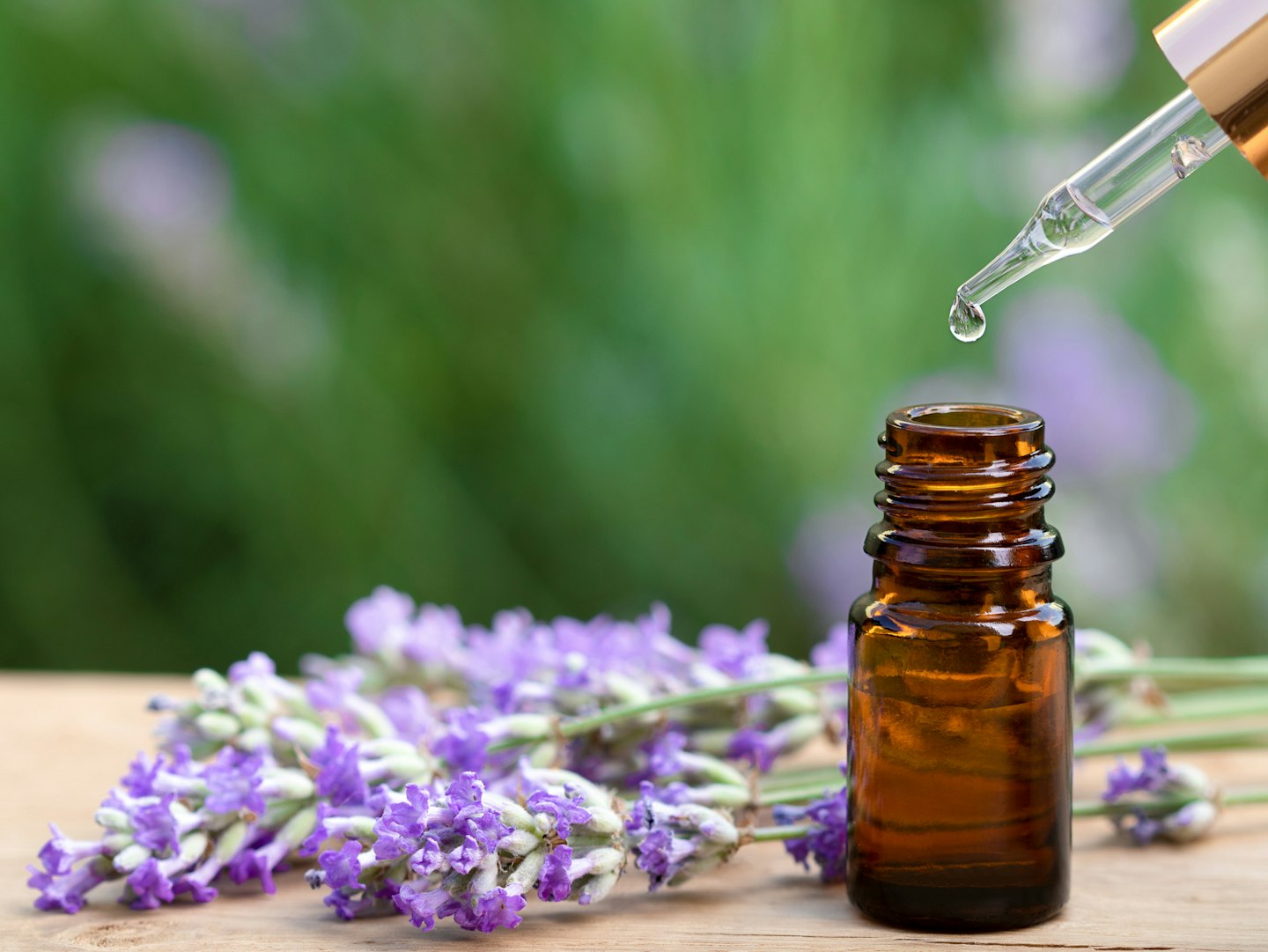Stress is something that we deal with all our life. But if you feel like you might be experiencing anxiety, feeling overwhelmed and overthinking more often than before, it might be time to address what is causing you stress and tackle the problem at the root. Whether you have been having trouble sleeping or looking at supplements to help with anxiety, there are things that you could change or add to your routine first that might make a difference. Think about what makes you happy – it could be something as simple as investing in some pampering selfcare with the best beauty boxes or spending some time baking one of your favourite Mary Berry recipes.
We spoke to Emma Jefferys who is an accredited coach, NLP practitioner and Emotional Intelligence expert to help us understand how to deal with stress better. She also lists out a few pro tips and practices to incorporate into your daily routine as strategies for reducing and managing stress and to keep your emotions regulated and balanced.
1. Check your relationship battery levels

“Sometimes we feel overwhelmed because we don’t think about the effect that others are having on us,” Emma says. “Some people make us feel great and leave us feeling recharged and good. Others stress us out and drain us. Be mindful of who you are spending your time with and how that impacts your energy and your mood.”
2. Keep a ta-da list!

“Many of us are a slave to our to do lists, but a ‘ta-da’ list allows us to celebrate all that we have already achieved,” says Emma. “Your ta-da list is a place where you keep note of all the things you have done well, your successes, your brave moments, compliments and praise. Come back to it regularly and celebrate all that you already are. It will help you to live more in the moment and feel a sense of achievement and satisfaction for the now, rather than always chasing the next action.”
3. Make a health promise
We love this one. “Make one small health-related commitment to give yourself a boost, so you have the energy and strength to tackle the challenges you are facing,” says Emma. “It could be to get an extra hour’s sleep, taking a walk every lunchtime or choosing low calorie breakfasts. Physical activity increases your body’s production of good-feeling endorphins and decreases the production of stress hormones.” What’s your health promise to yourself today?
4. Treat yourself as a VIP

“Boost your self-esteem by treating yourself to the good stuff, just because you can,” Emma Jefferys says. “Enjoy mini rituals that show you value yourself. Light a Yankee scented candle while you work, drink your coffee out of a gorgeous mug, buy yourself flowers or take a few minutes to massage your hands with your favourite hand cream.”
5. Say 'no' more
Get comfortable with saying ‘no’ more often to others and ‘yes’ to yourself. “We only have so many resources, especially time and energy, so be careful where you commit them,” says Emma. “Learning to say no confidently and without guilt when it is the right answer for you is the ultimate act of self-care.”
6. Eat a balanced breakfast

What we eat can directly affect our stress levels. When it comes to simple strategies for reducing and managing stress aiming for a natural, wholefood diet with at least five portions of fruit and veg a day is key, experts say. Complex carbs such as whole porridge oats and oatmeal help to keep our blood sugar level steady, while studies show that the oats in porridge are carbohydrates that can help to make serotonin, the feel-good transmitter in our brain. Meanwhile, eggs are a great source of protein, which stabilise our blood sugar levels, making us feel fuller for longer. Eggs also contain minerals including choline and zinc, which have been associated with lower anxiety levels and better stress responses.
7. Flip the script
“The way we talk to ourselves can impact the levels of stress we feel. If you have a busy week and tell yourself it is stressful, you will feel stressed and overwhelmed,” says Emma. Instead, notice what happens if you change the language. What if you have a ‘challenging’ week instead? “If we can rise to a challenge, we can find solutions,” she adds. “Flip the script and you’ll change the energy, too.”
8. Let it go
Life can feel very full but, as the Frozen soundtrack goes, it’s important to know when to let go. “Often we are sweating the small stuff when those things don’t really matter,” Emma says. “Try getting into a habit of identifying the three things that matter to you each day. What things deserve your time, energy and attention today? Then let the rest of it go.”
9. Act like a child

When you take the grandkids to the park next time, why not join in? “Remember all those things you loved doing as a child, those simple activities that delivered a disproportionate amount of joy?” asks Emma. “Do more of those. Pick up shells on a beach, swing on a playground swing, make daisy chains…these are all easy ways to be more mindful among life’s everyday demands.”
10. Get out of your own head
“Perspective is hugely powerful,” says Emma. “When you’re feeling stressed, a change of scene (preferably going outside) can really help.” Talking to a trusted other also helps. “Voicing your problems takes away some of their power and a different perspective can shift fear and boost problem-solving energy,” Emma adds. “If you can’t talk to someone, try asking yourself what you’d tell a friend who shared this feeling. What advice would you give them? Now see how you can apply this to yourself.”
11. Try lavender

Essential oils are known for their relaxing benefits. For a popular go-to stress buster, try lavender. Studies show that lavender essential oil may help to reduce stress and calm our parasympathetic nervous system, the body’s process for regulating things like heart rate and breathing. Make sure you use pure essential oils though, rather than synthetic fragrances. Anything labelled a ‘fragrance oil’ might smell nice, but it won’t deliver the same benefits. Look for oils that are certified organic and 100 percent natural. They cost a bit more, but are a better wellbeing investment in the long run.
12. Know your stressors
Sometimes we feel stressed without actually knowing the cause of it. “Try recording your thoughts and feelings about stressful situations in a journal,” Emma says. “Notice what was happening, who was there and how you reacted. Jot down your thoughts in a wellness journal whenever you feel you are overthinking and this can help you find patterns among your stressors and your reactions to them, so that you can develop a plan to manage your stress.”
13. Try NLP
NLP or neuro-linguistic programming is a way of changing thoughts and behaviours, to bring about different outcomes. “We are creatures of habit and it will often be the same sorts of challenges that stress us out,” explains Emma, who is an NLP practitioner. “We replay a video in our mind of how bad a situation will be, and yet we have the power to change the story of that video.”
To help with this, Emma suggests trying Future Pacing, an NLP technique. “Think of a situation that you imagine will stress you,” she says. “Continue with the movie in your head until you’ve passed the challenging part and found one to three positive actions you can take to improve the situation. Replay the mental movie again, this time with the positive actions in place, seeing yourself confidently enjoying taking those steps to move forward. Now, notice how you feel about that situation.”
Meet the expert:
Emma Jefferys is an accredited coach, NLP practitioner and Emotional Intelligence expert, as well as being trained in the Dare to Lead work of Brene Brown.
Jo Carnegie is a seasoned journalist and author with over 25 years of experience in the wellness and lifestyle sectors. Formerly the Deputy Editor of Heat magazine, she is renowned for her insightful celebrity interviews. Jo has published nine women's fiction books and is also an accomplished ghostwriter. Her passion for adolescent health and wellbeing has led her to become a dedicated coach in this field, where she supports young people in navigating various challenges.
